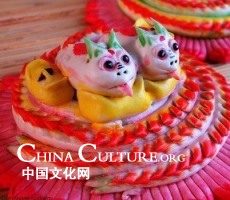 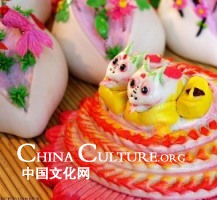 |
|
|
“It is food or souvenir?” You may feel amazed and, to some extent, puzzled when greeted by the charming and exquisite crispy noodles crafted in Jiaodong (Eastern Shandong Province), like the swelling inspiration aroused from the reservoir of traditional Chinese culture.
With a time-honored history of cooking noodles and the integration of food with local customs, some regions in China gradually made a shift from traditional noodle-making to modern ones. Crispy noodles of Jiaodong are the most exemplary works, embodying the transition, with equal emphasis on appearance and flavor, and rich cultural deposits. Nowadays, the eating function of this kind of noodle sluggishly gives way to the function of decoration and offering.
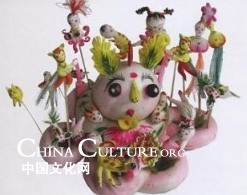 |
|
|
When crispy noodles of Jiaodong, called Hua bo bo by people there, are served as sacrifices at the altar, it represents a strong wish for good weather and ample harvest in the coming year and auspicious signs such as good luck, the avoidance of evil, and disasters. During traditional festivals, the crispy noodles are also a great gift, implying everlasting happiness and luck.
At Spring Festival, every household in Jiaodong steams abundant Da Zao bo bo (noodles with red dates in it) to worship their ancestors, the God of Wealth and the Bodhisattva. It is a common practice to pile five Da Zao bo bo in front of each statue. The statue of the ancestor often sits in the middle, flanked by the God of Wealth and the Bodhisattva, symbolizing more children, good luck, and plenty of wealth in the near future.
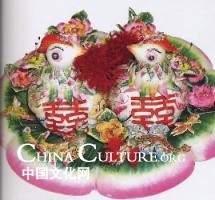 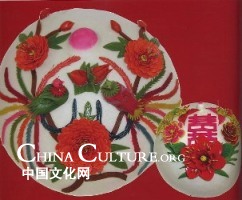 |
|
|
During the Lantern Festival, which falls on the 15th day of the Chinese lunar New Year, even the lanterns are made from noodles, evidenced by the common saying: “Swallow flies on Tomb-sweeping Day, egg steamed on the Dragon Boat Festival and noodle kneaded on the 15th day of the first lunar month.” Lantern stands are kneaded in the shape of the twelve animals corresponding to the twelve terrestrial branches, a vivid reflection of excellent workmanship. At night, the local residents flock to ancestral tombs and bring the elaborate lanterns to their passed away relatives, sharing their happiness and sending them wishes.

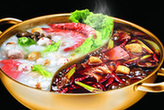
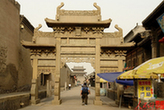


Why not rent a boyfriend, or girlfriend to please parents during the Spring Festival?